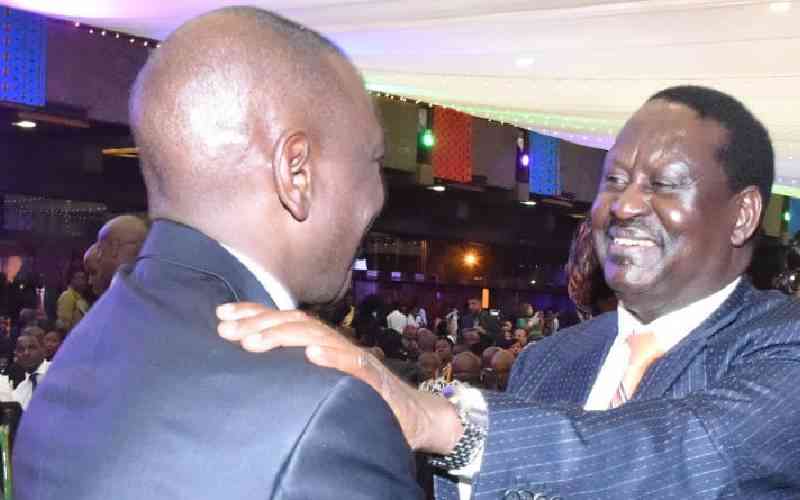×
The Standard e-Paper
Home To Bold Columnists

The national dialogue team has reached the tail-end of its negotiations and Kenyans are waiting anxiously for their recommendations and what happens next.
The anxiety is even higher among the political class with some crossing their fingers the outcomes do not change the status quo or their fortunes.